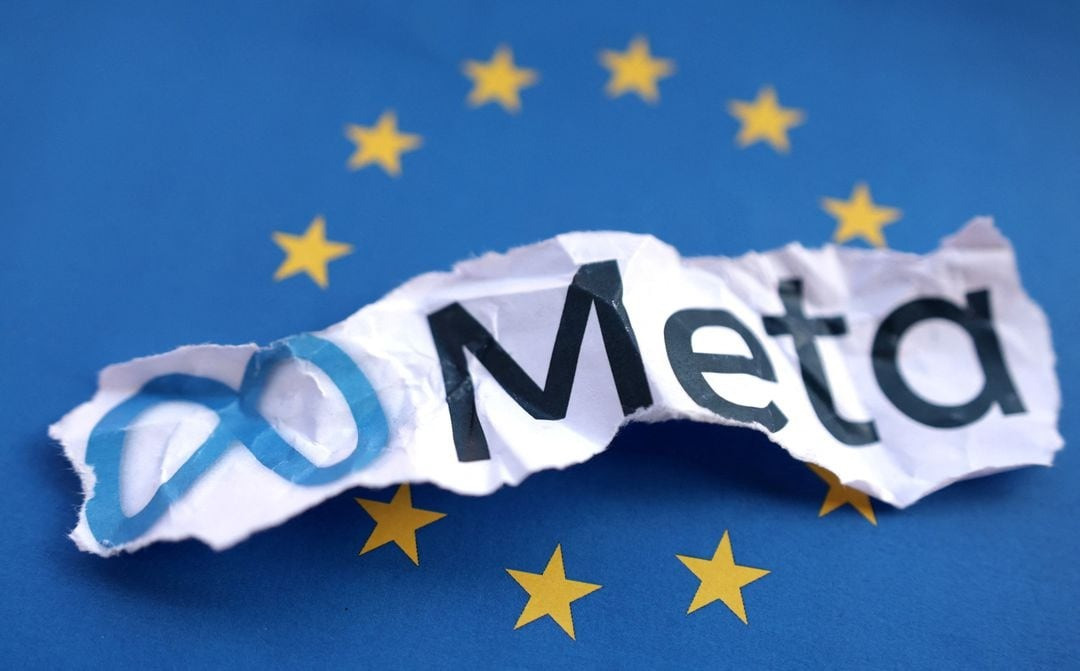
Meta to set up team to counter disinformation, AI abuse in EU elections
Facebook owner Meta will set up a team to tackle disinformation and the abuse of generative artificial intelligence in the run-up to European Parliament elections in June amid concerns about election interference and misleading AI-generated content. The rapid growth of generative AI, which can create text, images and video in seconds in response to prompts, has triggered fears that the new technology could be used to disrupt major elections, opens new tab across the world this year. European Parliament elections will take place June 6-9. Its 720 lawmakers, together with EU governments, pass new EU policies and laws. "As the election approaches, we'll activate an Elections Operations Center to identify potential threats and put mitigations in place in real time," Marco Pancini, Meta's head of EU affairs, said in a blogpost. He said experts from the company's intelligence, data science, engineering, research, operations, content policy and legal teams will focus on combating misinformation, tackling influence operations and counter the risks related to the abuse of generative AI. Meta, which currently works with 26 independent fact-checking organisations across the European Union covering 22 languages, will add three new partners in Bulgaria, France, and Slovakia, Pancini said. Meta, Microsoft, OpenAI and 17 other tech companies earlier this month agreed to work together to prevent deceptive artificial-intelligence content from interfering with elections across the globe this year.

Facebook owner Meta will set up a team to tackle disinformation and the abuse of generative artificial intelligence in the run-up to European Parliament elections in June amid concerns about election interference and misleading AI-generated content. The rapid growth of generative AI, which can create text, images and video in seconds in response to prompts, has triggered fears that the new technology could be used to disrupt major elections, opens new tab across the world this year. European Parliament elections will take place June 6-9. Its 720 lawmakers, together with EU governments, pass new EU policies and laws. "As the election approaches, we'll activate an Elections Operations Center to identify potential threats and put mitigations in place in real time," Marco Pancini, Meta's head of EU affairs, said in a blogpost. He said experts from the company's intelligence, data science, engineering, research, operations, content policy and legal teams will focus on combating misinformation, tackling influence operations and counter the risks related to the abuse of generative AI. Meta, which currently works with 26 independent fact-checking organisations across the European Union covering 22 languages, will add three new partners in Bulgaria, France, and Slovakia, Pancini said. Meta, Microsoft, OpenAI and 17 other tech companies earlier this month agreed to work together to prevent deceptive artificial-intelligence content from interfering with elections across the globe this year.
